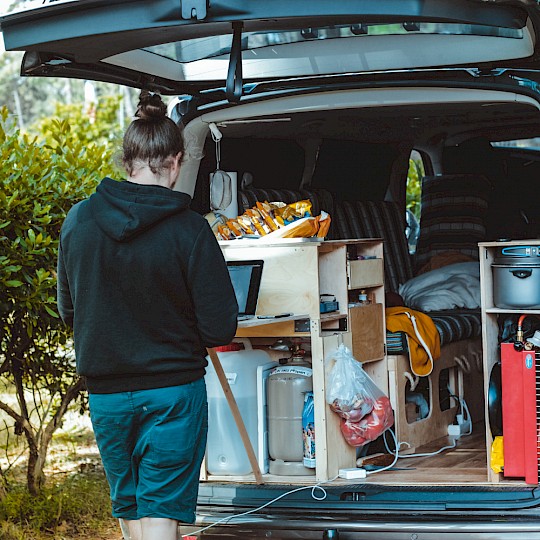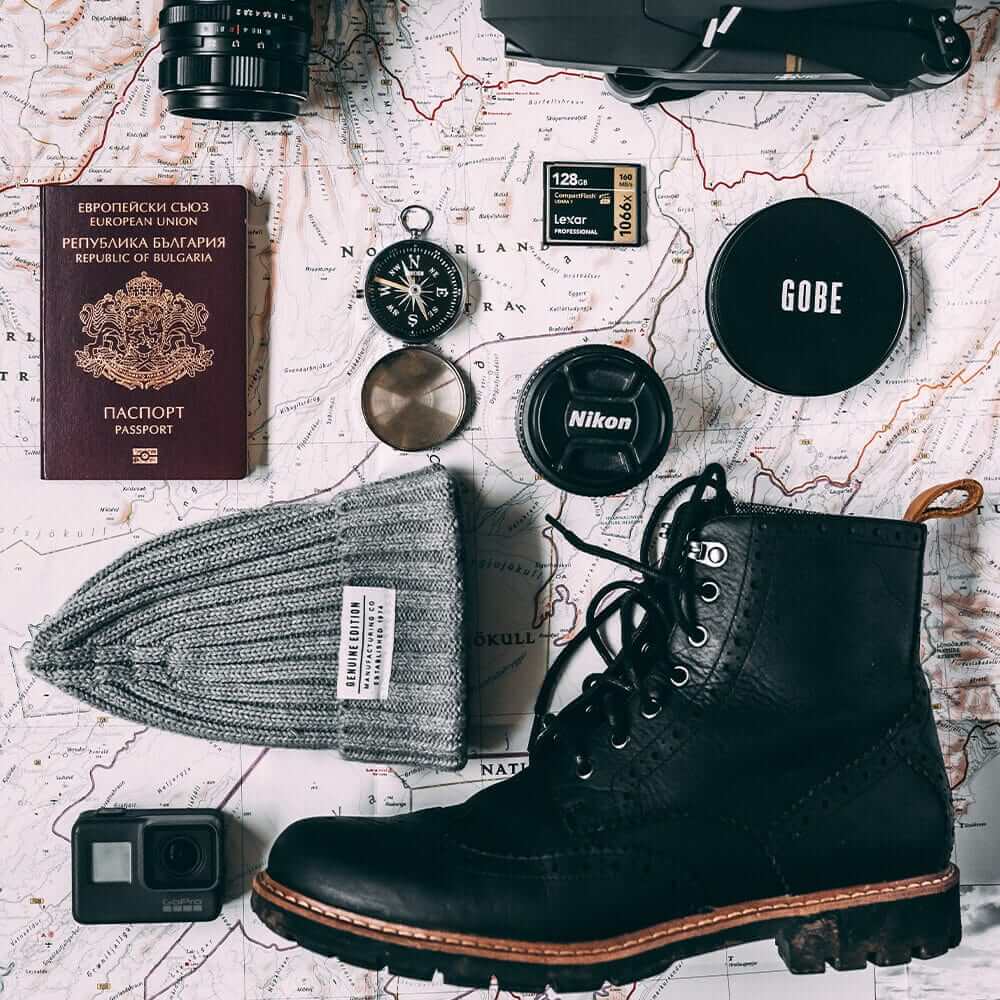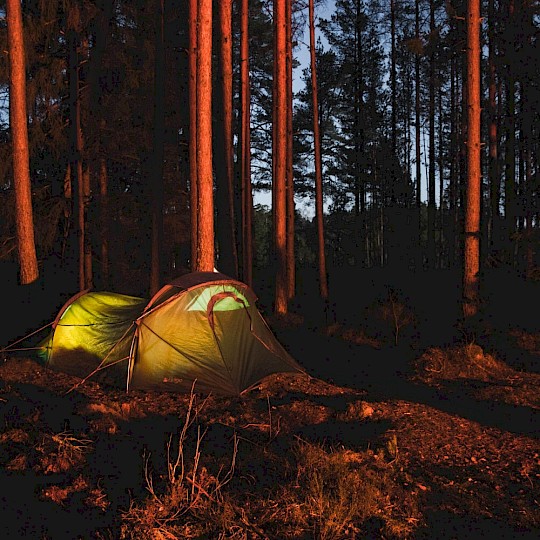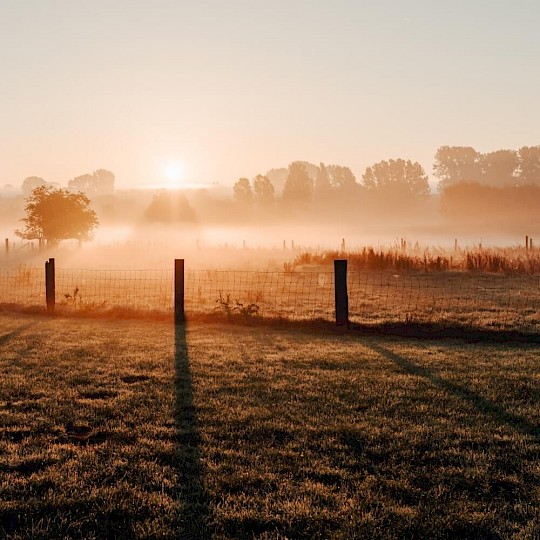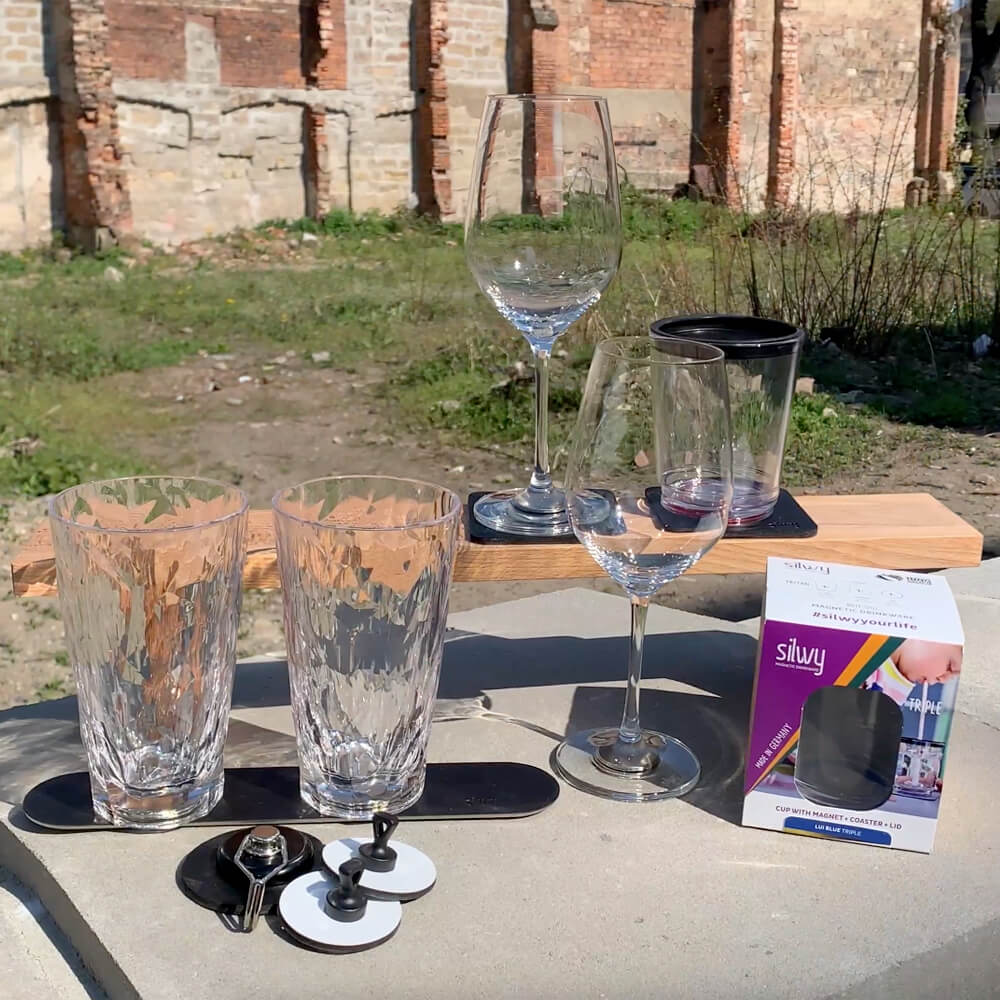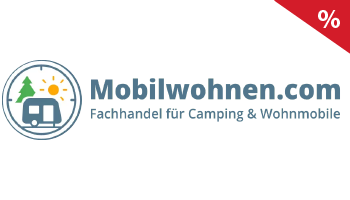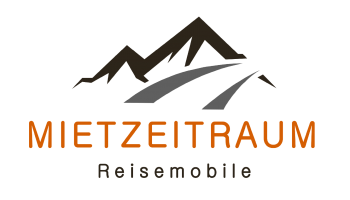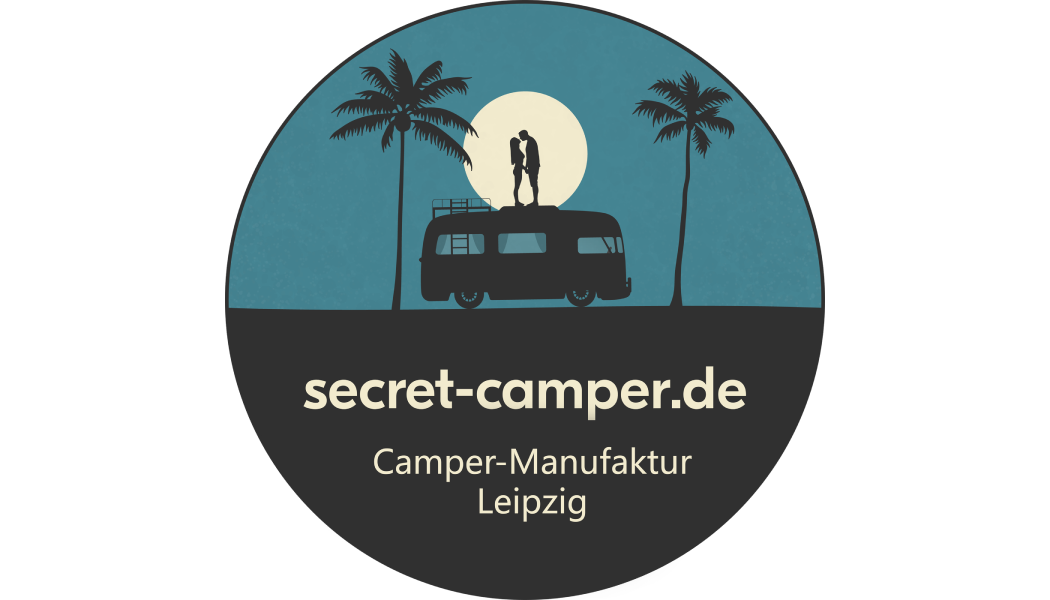Fact #1 - National motto
The national motto of Luxembourg is "Mir wëlle bleiwe wat mir sin" and means "We want to stay what we are". In the case of Luxembourg, this means being an independent country.
Fact #2 - Commuters
Almost half of the workers from Luxembourg are commuters and travel to Luxembourg every day to work. The three largest countries are France, Belgium, and Germany.
Fact #3 - Income
According to an EU study, the average income in Luxembourg is two and a half times higher than in other European countries. This is also one of the reasons for the many commuters.
Fact #4 - Wine lovers
Even if you first think of France when it comes to wine, Luxembourg has the restaurant with the largest selection of wines in the world. There are over 2,200 wines in the Chiggeri restaurant.
Fact #5 - Voter turnout
Voter turnout in Luxembourg is among the highest in Europe. In recent years, up to 91 percent of citizens have voted.
Fact #6 - Luxembourg knows no love
At least they can't say "I love you" in Luxembourgish. All they can say is "Ech hun dech gär", which means "I love you".
Fact #7 - Language diversity
Fact #6 is not a problem since almost all inhabitants are trilingual. Besides Luxembourgish, German and French are also official languages.
Fact #8 - Multiculturalism
Luxembourg is a prime example of multiculturalism. Despite its small population of just 600,000, more than 170 nationalities are represented here.
Fact #9 - Food
Luxembourgers not only have a variety of national dishes such as Bouneschlupp, Stäerzelen, and Fritür, they also have the highest density of star restaurants per inhabitant.
Fact #10 - RTL
The largest television production and radio company in Europe, with 54 television stations and 29 radio stations, comes from Luxembourg. It is the Radio, Television Luxembourg Group, or RTL for short.






